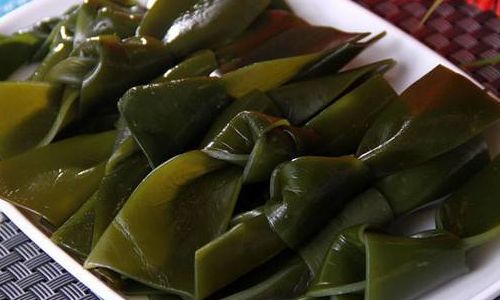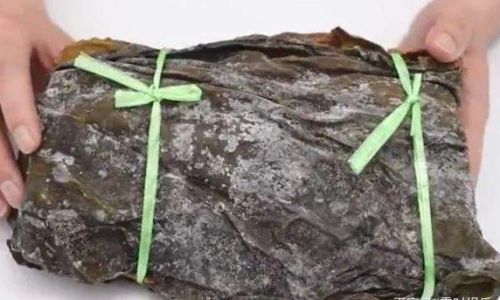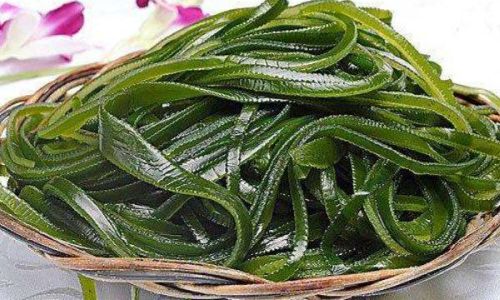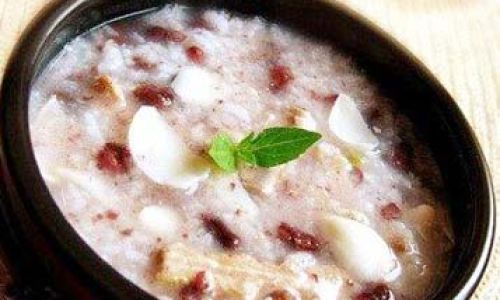Introduction
The culinary world is vast and diverse, encompassing a myriad of ingredients, techniques, and traditions that have been honed over centuries. Among these, the use of blood in various cuisines stands out as a unique and sometimes controversial aspect. Fresh duck blood, particularly, holds a special place in many culinary traditions, particularly in Asian cuisines where it is often used in dishes like duck blood tofu and duck blood cakes. However, the question arises: can fresh duck blood be stored in the refrigerator for later use? This article aims to delve into the intricacies of storing fresh duck blood, exploring the science behind food preservation, the specific considerations for blood products, and the practical implications for home cooks and chefs alike.
The Science of Food Preservation
Before diving into the specifics of storing duck blood, it is essential to understand the fundamental principles of food preservation. Food spoilage is a complex process involving various factors such as microbial growth, enzymatic activity, and oxidation. To prevent or delay spoilage, various preservation techniques have been developed, including refrigeration, freezing, canning, drying, and the use of preservatives.
Refrigeration works by slowing down the growth of microorganisms and the activity of enzymes that cause food to spoil. By lowering the temperature, the metabolic rate of bacteria and other microorganisms decreases, thereby extending the shelf life of food. However, refrigeration does not sterilize food; it merely slows down the spoilage process.

Blood as a Food Product
Blood, being a biological fluid, is composed of various components including red blood cells, white blood cells, platelets, and plasma. These components provide essential nutrients and functions within the body but, when extracted and used as a food product, they also present unique challenges in terms of preservation.
Fresh blood is highly perishable due to its high moisture content and the presence of nutrients that support microbial growth. In addition, blood contains enzymes that can break down its components over time, leading to changes in texture, color, and flavor. Therefore, special care must be taken to ensure that blood products are handled and stored properly to maintain their quality and safety.
Specific Considerations for Duck Blood
Duck blood, in particular, has its own set of considerations when it comes to preservation. Unlike some other blood products, duck blood may contain higher levels of certain nutrients or enzymes that can affect its shelf life. Additionally, the texture and consistency of duck blood can vary depending on the diet and health of the duck, further complicating the preservation process.
When considering whether to store fresh duck blood in the refrigerator, several factors must be taken into account:
-
Source and Handling: The quality of the duck blood starts with the duck itself. Ducks raised in healthy conditions and fed a balanced diet will produce higher-quality blood. Proper handling during slaughter and extraction is also crucial to prevent contamination and maintain the integrity of the blood.
-
Initial Quality: Fresh duck blood should be bright red in color and have a slightly viscous consistency. Any discoloration, off odors, or changes in texture indicate that the blood may already be spoiled or of poor quality.

-
Packaging: Proper packaging is essential to prevent oxygen exposure and contamination. Airtight containers or vacuum-sealed bags are ideal for storing blood products.
-
Temperature Control: Refrigeration should be done promptly after extraction to slow down microbial growth and enzymatic activity. The ideal refrigerator temperature for storing blood products is between 2°C and 4°C (35.6°F and 39.2°F).
Can Fresh Duck Blood Be Stored in the Refrigerator?
The short answer to this question is yes, fresh duck blood can be stored in the refrigerator. However, several caveats and considerations must be kept in mind to ensure safety and quality.
Shelf Life
The shelf life of refrigerated duck blood is relatively short, typically ranging from a few days to a week depending on the initial quality and storage conditions. It is crucial to monitor the blood regularly for any signs of spoilage, such as discoloration, off odors, or a slimy texture.
Freezing as an Alternative
For longer-term storage, freezing is a more viable option than refrigeration. Freezing duck blood effectively halts microbial growth and enzymatic activity, thereby extending its shelf life for several months. However, freezing does alter the texture and consistency of the blood, making it less suitable for certain dishes that require a specific texture.

When freezing duck blood, it is important to use airtight containers or freezer bags to prevent freezer burn and off odors. Additionally, thawing should be done slowly in the refrigerator to prevent the formation of ice crystals that can damage the texture of the blood.
Safety Considerations
While refrigeration and freezing can extend the shelf life of duck blood, they do not eliminate the risk of foodborne illness. Improper handling or storage can lead to contamination with harmful bacteria, viruses, or parasites. Therefore, it is essential to follow food safety guidelines when handling and storing duck blood.
This includes:
- Washing hands thoroughly before and after handling blood products.
- Using separate utensils and surfaces for raw and cooked foods to prevent cross-contamination.
- Cooking duck blood dishes to an internal temperature of at least 74°C (165°F) to kill any potential pathogens.
- Discarding any blood products that show signs of spoilage or have been stored for too long.
Practical Implications for Home Cooks and Chefs
For home cooks and chefs who wish to use fresh duck blood in their dishes, the following practical tips can help ensure safety and quality:
-
Source Fresh Blood: Purchase duck blood from reputable suppliers who can guarantee the health and diet of the ducks. Alternatively, raise your own ducks for a consistent supply of high-quality blood.
-
Prompt Refrigeration: Store fresh duck blood in the refrigerator immediately after extraction to slow down spoilage.

-
Monitor for Spoilage: Check the blood regularly for any signs of discoloration, off odors, or changes in texture. Discard any blood that shows signs of spoilage.
-
Use Appropriate Cooking Techniques: Cook duck blood dishes to an internal temperature of at least 74°C (165°F) to ensure safety. Experiment with different cooking techniques to find the best way to preserve the texture and flavor of the blood in your dishes.
-
Consider Freezing: If you have a surplus of duck blood, consider freezing it in portions for later use. Remember to thaw it slowly in the refrigerator before use.
Conclusion
In conclusion, fresh duck blood can be stored in the refrigerator for short-term preservation, but special care must be taken to ensure safety and quality. Proper handling, packaging, and temperature control are essential to prevent contamination and slow down the spoilage process. For longer-term storage, freezing is a more viable option, although it does alter the texture of the blood. Ultimately, the decision to store duck blood in the refrigerator or freezer should be based on the specific needs and preferences of the home cook or chef. By following these guidelines, fresh duck blood can be enjoyed in a variety of delicious and safe dishes.






0 comments